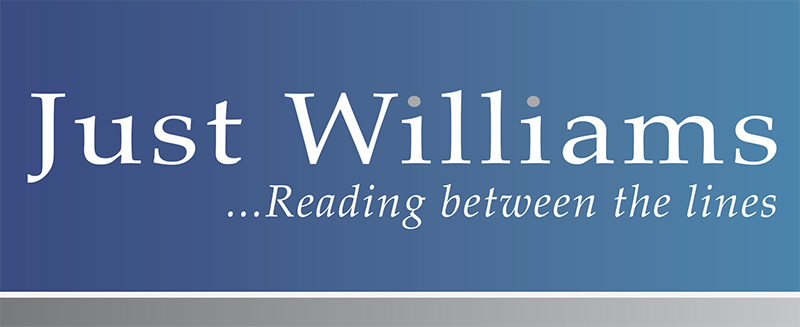
Things aren’t always what they seem. A thought no doubt not lost on Accenture and Gillette. Both firms had promoted themselves on the back of Tiger Woods’ squeaky clean image. After paying him millions, it probably came as a shock when it became clear that his idea of playing a round didn’t always involve a trip to the golf club. Having proved himself more tomcat than tiger, Accenture said Woods was “no longer the right representative”. As for Gillette, it was looking to limit his future role in its marketing strategy. How strange; you might have thought a man we now know had umpteen close shaves would be right up Gillette’s street.
Things aren’t always what they seem in the economy, either. On the one hand, the UK has only just emerged from recession (and there is no guarantee it might not re-enter it) and yet, Mervyn King, Governor of the Bank of England, has been forced to write to the Chancellor to explain why CPI (Consumer Prices Index) inflation has risen way above the 2% central target. How can inflation be a potential problem with the economy flat on its back? All of which reminds us, once more, of the 1970s.
It was certainly a tumultuous decade. Football hooliganism, double digit inflation, power cuts, strikes, IMF bailouts, Red Robbo, British Leyland, hijackers and bombings. Now, we apologise in advance and realise that harking back to those times provokes distressing imagery that many would prefer not to re-visit; no, not the terrorists, we refer to Arthur Scargill’s brillo pad combover and the Austin Allegro. However, the 1970s marked a watershed. Until then, economic theory assumed inflation was a problem associated with an over-heating economy. As such, it was a by-product of growth. Conversely, low or non-existent inflation supposedly reflected poor economic conditions. It wasn’t thought possible that timid GDP growth and high inflation were compatible bedfellows, yet that is exactly what happened as we witnessed the birth of ‘stagflation’.
Today, we have a yawning budget deficit, the better part of a trillion pounds of government debt (and plenty more unfunded liabilities resulting from public sector pensions and Public Finance Initiative contracts). Furthermore, our currency is weak which is naturally inflationary, courtesy of the UK’s propensity to import. To cap it all, due to quantitative easing, the Bank of England (B of E) now owns a third of the government’s existing bonds; a ludicrous situation. Apart from that though, it’s looking pretty good.
With a mountain of bonds still to be sold, the B of E resembles a sharp suited salesman flogging a car that, allegedly, was owned by the vicar’s wife. The Governor believes the inflation spike is temporary; quelle surprise. While Mandy Rice Davies’ talents never appeared to include economics, we suspect she’d be more than capable of providing an adequate response to Mr King’s suggestion.
John Newsome can be contacted on: 01423 705123 or email:john.newsome@williams-im.com

